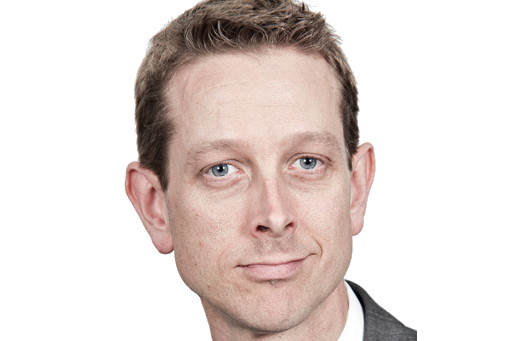We all need to be HEARD
In Opinion
Follow this topic
Bookmark
Record learning outcomes
We have so many positive aspects to promote regarding pharmacy, but what does it take to be heard, asks NPA head of communications Stephen Fishwick
When you’re ‘pitching’ community pharmacy solutions to commissioners, policymakers, patients, politicians and others, pharmacy’s ‘access story’ is often a good place to start. Where else in the health service can you simply walk in off the street and get access to professional healthcare advice in a matter of minutes, usually without an appointment?
There’s also a great story to tell on prevention, public health and ‘making every contact count’. In fact, there is so much we can say – and do say – about the benefits of pharmacy that our messages can become rather cluttered if we’re not careful.
At the Pharmacy Show last October, I used the acronym HEARD to try and answer the question: what does it take for pharmacy to be heard? The mnemonic stood for:
Human stories: What I mean by this is always emphasising that the pharmacy story is a story about people, not just pills; the people who work in pharmacy, the patients who benefit from pharmaceutical care, the communities who value having a community pharmacy embedded in their neighbourhood. It lends emotional strength to the pharmacy case if you emphasise the people, not the process or the product.
Evidence: This is needed so what you are saying can be taken for fact, not just assertion. That is why PSNC put so much effort into the PwC report, which puts a monetary value on the work of community pharmacies. It is why we are currently working with 10 pharmacies in Essex on a hypertension scheme, which will build up the case for a wider role for community pharmacy in cardiovascular care.
Awareness: Do you know who the movers and shakers are in your system and what conversations are going on around you at this moment? Where is the point of ‘maximum reverberation’ in the system (the person or position whose behaviour has the biggest impact)? Are you alert to emerging opportunities? Self-awareness is vital – what is pharmacy’s USP? Where do we fit into the wider system?
Relevance: People are naturally more inclined to listen when you have solutions to their problems. To get someone to listen to us in community pharmacy, we first have to listen to them, understand their priorities and then offer them credible solutions. In recent times, ministers and officials have given strong signals on urgent care, illness prevention and medicines safety.
Dialogue: It is fair to say that at a national level, Government and the community pharmacy sector spent a lot of time talking at each other rather than with each other following the announcement of funding cuts three years ago. The signs are that there is a willingness now on all sides to be talking with each other – and that can only be a good thing for the sector, patients and the NHS.
Finally, I believe that pharmacy must be prepared to engage in the big conversations taking place beyond our immediate precincts, such as the conversation in society about poverty and equality. If we can break out of the confines of our ‘medicines box’ and talk about other issues, we are more likely to be taken seriously in the big league of politics and policymaking.

